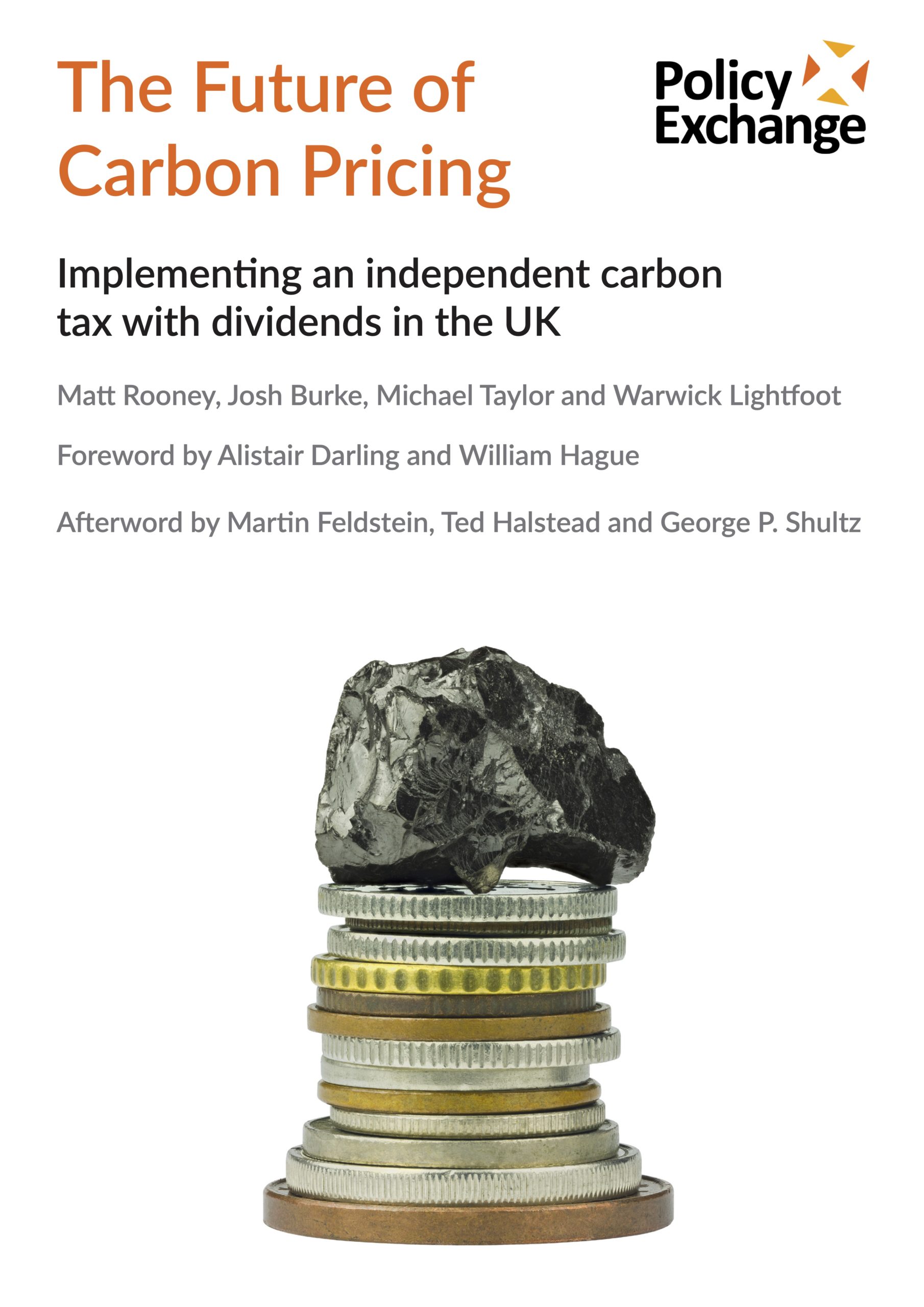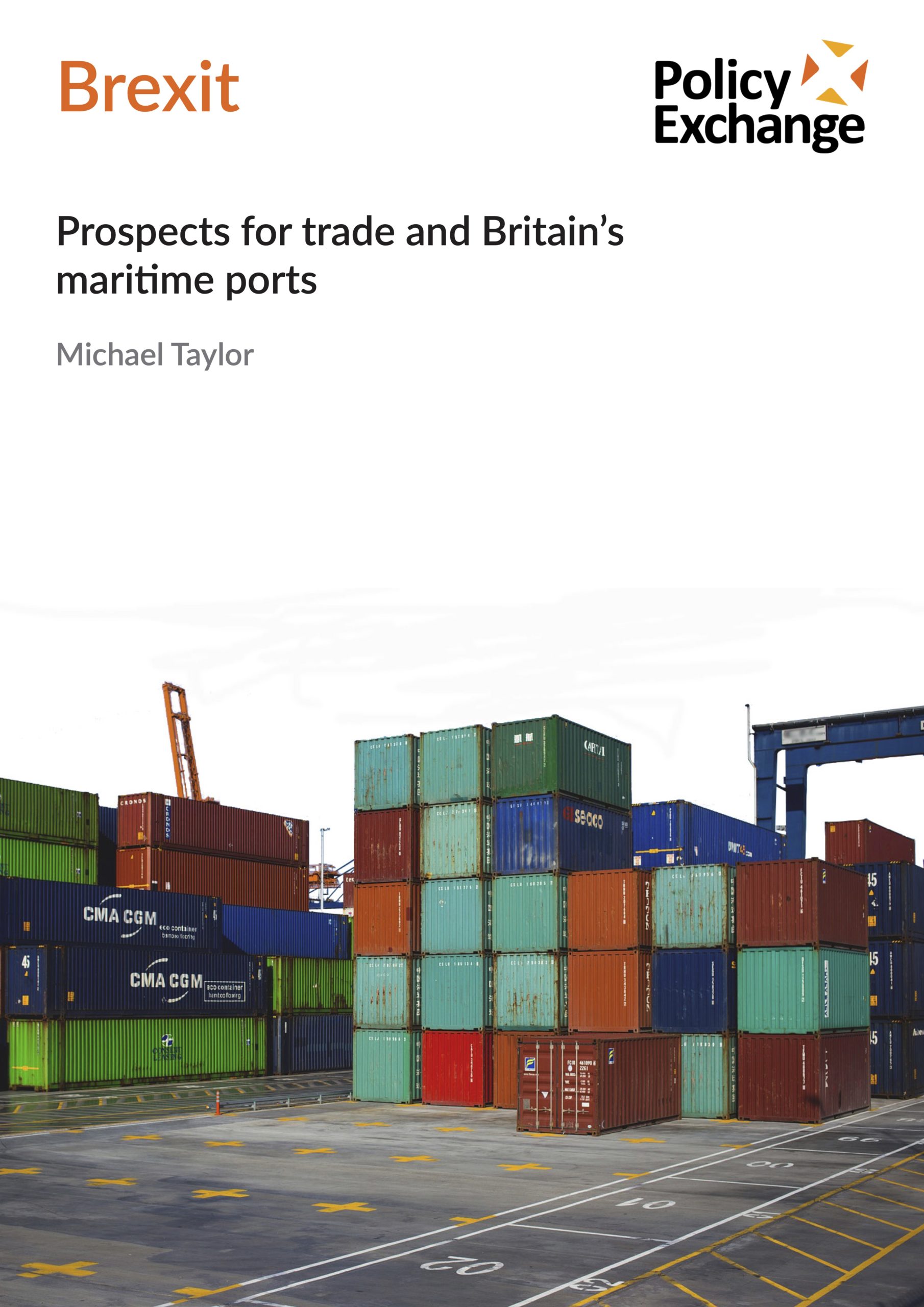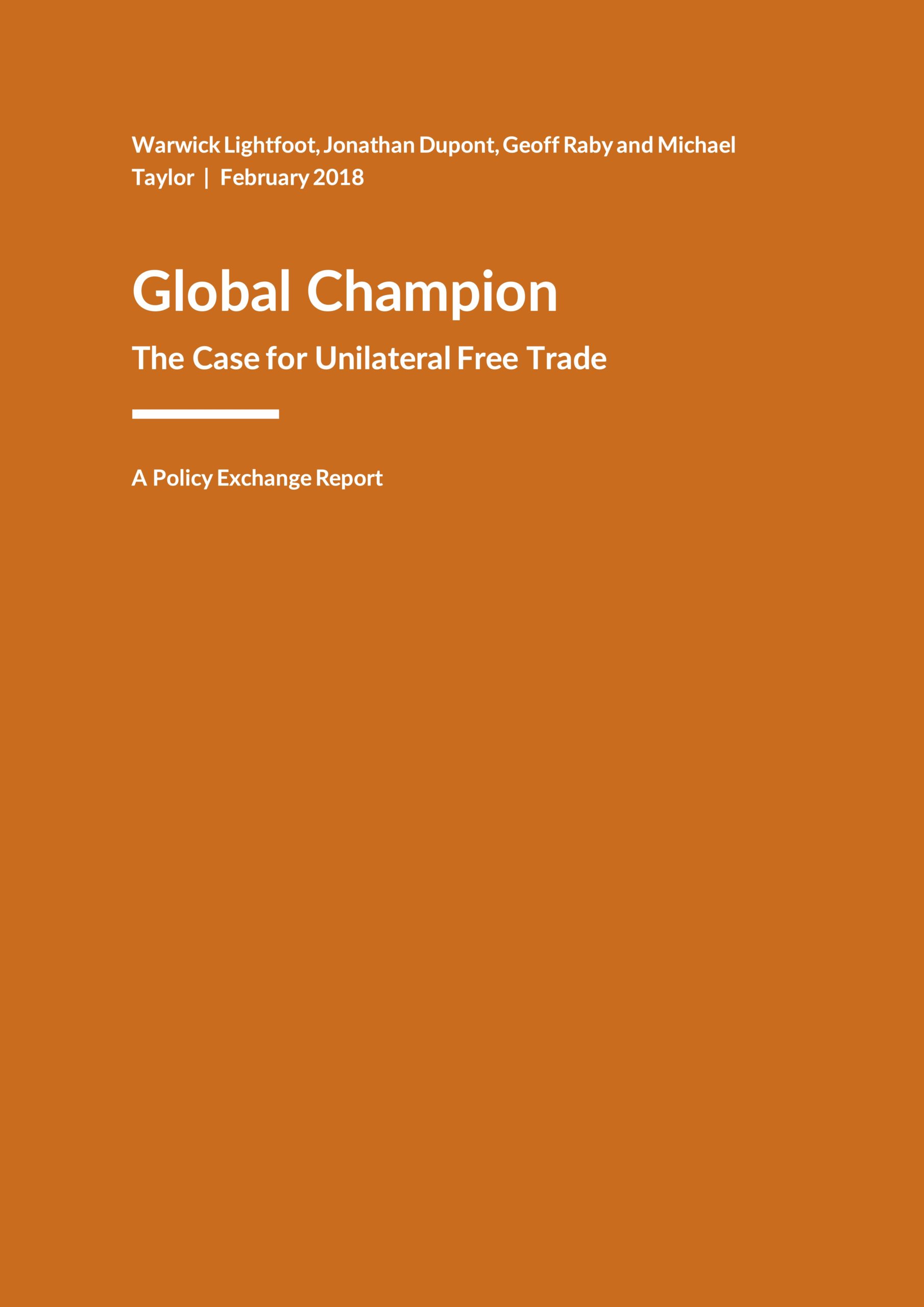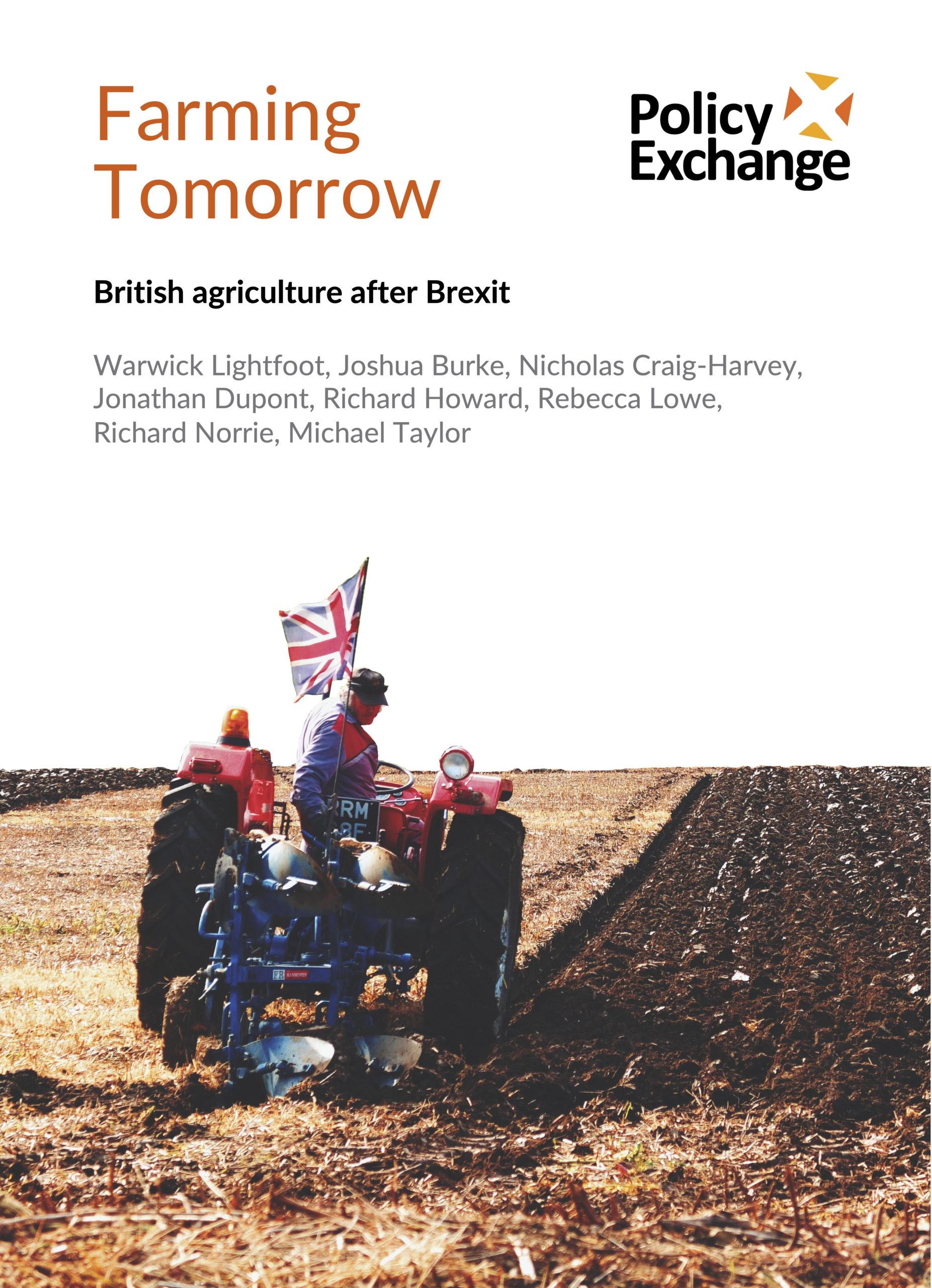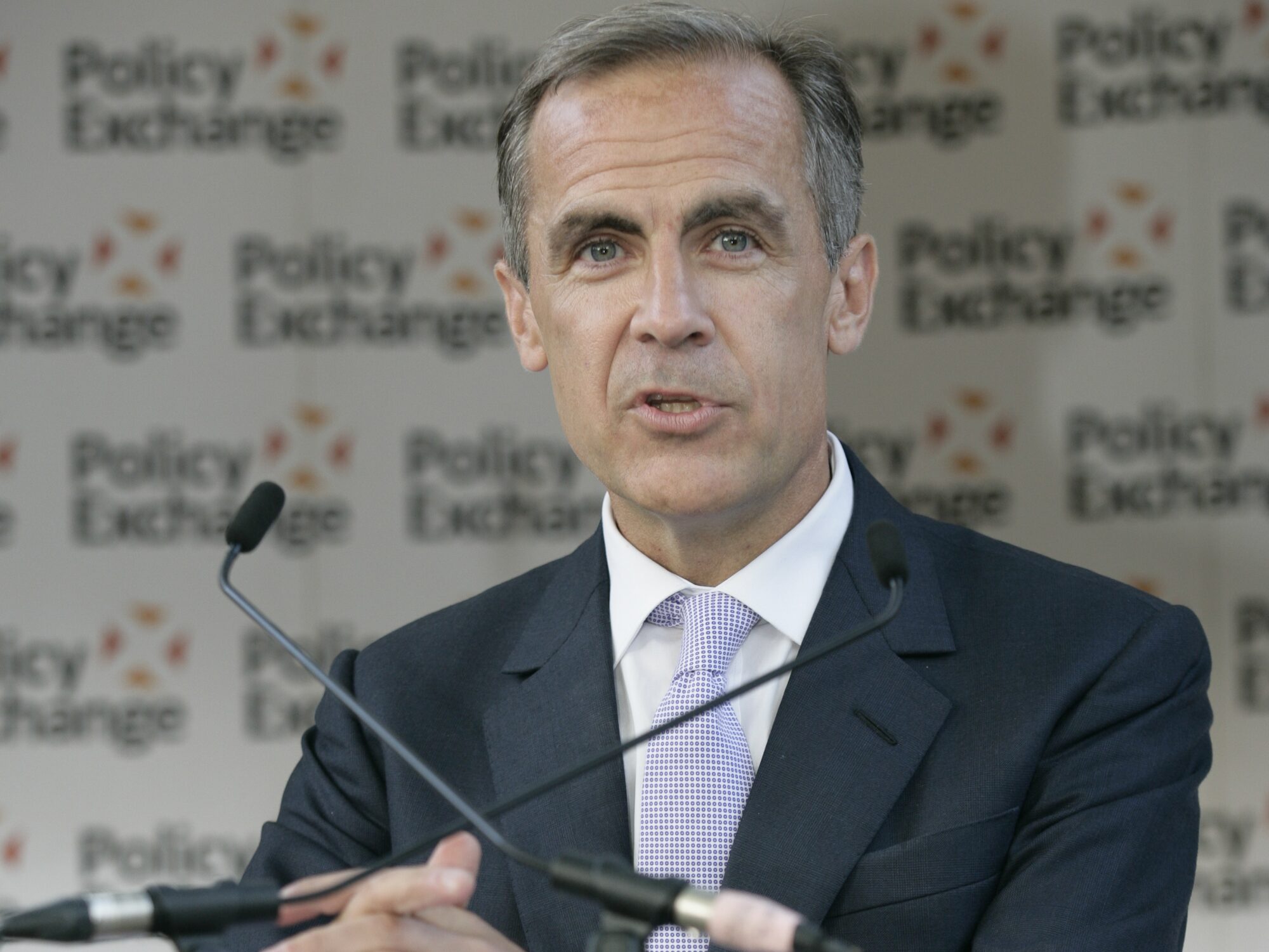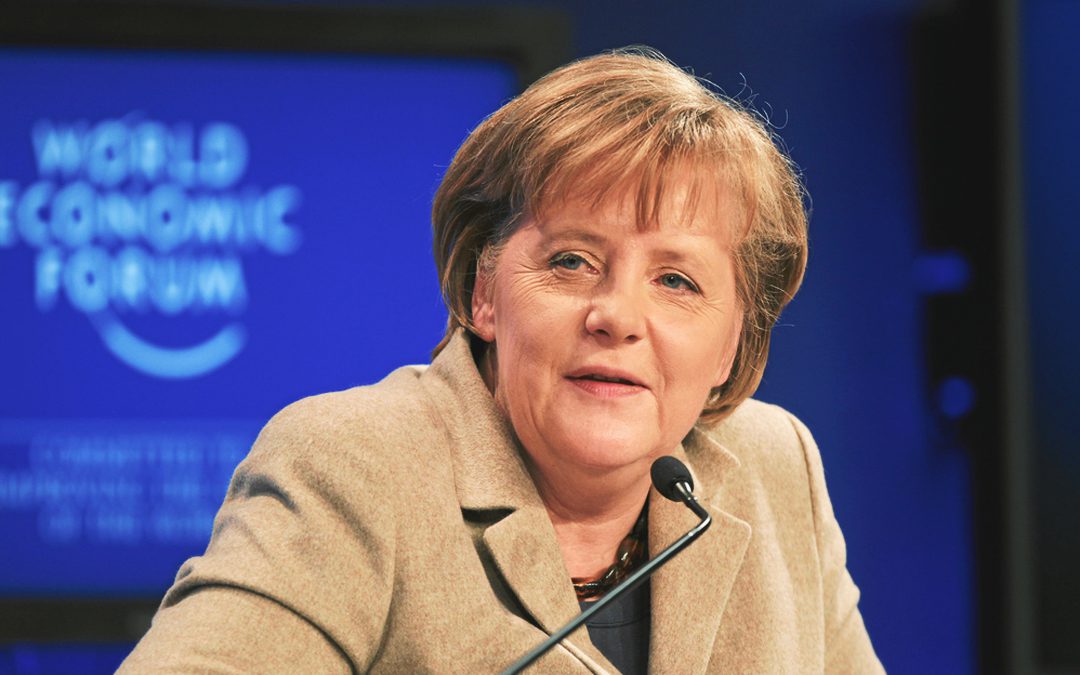Michael Taylor
Economics Research Fellow
Michael Taylor joined Policy Exchange in March 2017 as a Research Fellow in the Economics team. He is an experienced economist, having started his career in the Government Economic Service where he worked on competition policy, competitiveness and productivity. Michael was Chief Economist at the Institute of Directors where his research on the European single currency was influential in making the business case for the UK staying out of the Euro. Later he worked for Merrill Lynch and the economic consultancies, Lombard Street Research and Oxford Economics. His work at Policy Exchange covers all Brexit issues, monetary policy, financial market regulation, agriculture, trade and industrial strategy.
Farmers should be rewarded for land stewardship and public goods, and removing tariffs will increase consumer choice and keep prices down, helping the poorest most. That was the message Policy Exchange’s Economics Research Fellow Michael Taylor gave to the EFRA Select Committee when discussing Farming Tomorrow, our seminal report on opportunities for replacing the Common Agricultural Policy after Brexit.
A economy-wide carbon tax paid by both domestic and international producers would prevent carbon leakage, level the playing field for Britain’s heavy industry, fund a dividend to be paid to taxpayers and tackle climate change, argues the new report from Policy Exchange’s influential Energy unit, The Future of Carbon Pricing: Implementing an independent carbon tax with dividends in the UK. A better approach would reduce the cost of decarbonisation, prevent the offshoring of emissions and make carbon pricing popular.
Britain’s competitive and dynamic sea ports are well placed to reap the rewards of growing trade flows in and out of the UK. Around £570 billion in trade passes through Britain’s sea ports and after Brexit this is likely to increase, argues Policy Exchange’s new report Brexit: Prospects for Trade and Britain’s Maritime Ports.
In a major new study, Policy Exchange argues that as the UK leaves the EU, it should unilaterally abolish all tariffs. This would reduce UK consumers' shopping bills, increase productivity and promote global prosperity. We can also disarm the threat of a ‘No Deal’ Brexit. In the Foreword, Australian High Commissioner to London Alexander Downer said: “Trade is not a zero-sum equation. In the decades ahead all major economies should remove their tariffs and open their markets to competition. As the UK once again takes its place at the WTO it should take the opportunity lead by example and remove its tariffs.”
This major new Policy Exchange report sets out the once in a generation opportunity that Brexit offers our nation to reform its agricultural and environmental policy. Since 1973, UK farm and food policies have conformed to the rules and objectives of the Common Agricultural Policy (CAP) — the EU’s principal policy programme. Doing so has, at great expense, reduced Britain’s agricultural productivity by lessening competition and supporting inefficient farmers. It has also increased costs for consumers. This report outlines opportunities to improve policy by focusing on four main interest groups: consumers, producers, the wider rural economy, and the environment. This report offers timely and comprehensive analysis and answers to some of the most pressing policy questions of our day.
At the beginning of 2018, Policy Exchange economists Warwick Lightfoot and Mike Taylor offer some thoughts on the UK's economic performance for the next 12 months.
In judging this Budget, context is everything. In Part One of our analysis Policy Exchange looked at the forecasts which govern what the Chancellor can do, and what he cannot. We now turn to look at the decisions taken at the Budget.
Policy Exchange's Research Fellow in Economics, Mike Taylor, sets out the guiding principles with which to judge the Autumn Budget. Highlighting the importance of fiscal sustainability, Mike cautions those seeking to use the Japanese experience to justify higher borrowing, pointing out the limits of any comparison with the UK.
Today’s quarter point rise in interest rates by the Monetary Policy of the Bank of England is notable as the first increase in ten years. But at 0.5% Bank Rate is still at extremely low levels. Indeed today’s move merely reverses last August’s quarter point cut, which was an easing of policy designed to help offset the anticipated slowdown in growth following the EU referendum result. Given that by the end of last year it was clear that the economy was actually in fairly good shape it would have been prudent to have reversed this last rate reduction several months ago. But it is better late than never.
German Chancellor Angela Merkel will face her fourth general election next Sunday, 24th September. Opinion polls strongly suggest that she will win a fourth term forming a coalition with one or more of f the other parties. Attention will then shift to the policy issues facing Mrs Merkel in what is assumed to be her final four years of a 16-year period as Chancellor, making her the equal longest in […]
Policy Exchange Economics Research Fellow, Michael Taylor, assesses the performance of the UK economy in the year following the EU referendum. Contrary to many analysts’ forecasts the economy has held up well with growth close to its trend rate. Inflation and unemployment are both low by historical standards and public sector borrowing is finally under control. Sterling’s depreciation should soon see a recovery in exports. The economy is in pretty good shape as departure from the EU draws closer.
Policy Exchange Economics Research Fellow, Michael Taylor, analyses the implications of the forthcoming MIFID 2 European regulations for financial services. He argues that the effects will be far-reaching but on the whole should be positive. By comparison the impact of Brexit on financial services will be relatively modest.
Michael Taylor — Policy Exchange's Economics Research Fellow — considers whether it's right to assume that migration has a positive effect on productivity and living standards. He assesses the UK's recent experience in terms of population expansion and the growth rate of GDP per head, before concluding that what ultimately matters is living standards, and that the UK's performance has been 'disappointing in recent years'.
Mike Taylor — Policy Exchange's Economics Research Fellow — reflects on the IMF's recent downgrading of its 2017 GDP forecast for the UK from 2 per cent to 1.7 per cent, which coincided with its upgrading of its euro area forecast from 1.7 per cent to 1.9 per cent. Pointing out that the areas are in different stages of their economic cycles, he concludes that 'structurally, the UK is in better shape to deal with the bumps in the road ahead'.
Michael Taylor — Policy Exchange's Economics Research Fellow — explains why the recent European Commission proposals on euro clearing 'may well be the first shot in the battle for European financial services post-Brexit'. He concludes, however, that the proposals, 'appear to have less to do with addressing market failure and more to do with the failure of any other EU city to develop a financial centre anywhere near comparable to the City of London'.
Michael Taylor — Policy Exchange's Economics Research Fellow — responds to last week's announcement that the European Central Bank would continue its asset purchase programme, which involves buying €60bn a month of bonds to support the eurozone economy.
Michael Taylor — Policy Exchange's Economics Research Fellow — argues that 'at their worst, currency wars can be a zero-sum game, but trade wars are invariably a negative-sum game. Trade wars rather than currency wars are the more significant threat to global prosperity'
In the fifth instalment of our series of comment pieces focusing on the run-up to the French Presidential election, Michael Taylor — Policy Exchange's Economics Research Fellow — considers the advantages and disadvantages of France remaining in the single currency. He concludes that the country 'needs to concentrate on structural reforms — in or out of the single currency'


